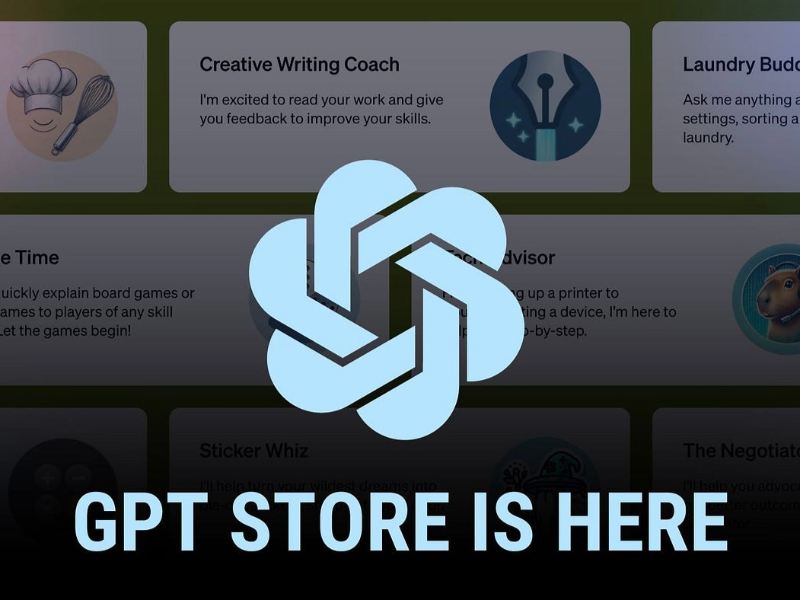- OpenAI’s marketplace ‘GPTs’ aimed to boost business opportunities, but after two months, it falls short of CEO Sam Altman’s expectations.
- Popular chatbots in the marketplace, including those predicting stocks and evading plagiarism detection, highlight real-world applications of generative AI.
- Despite these trends, concerns arise over policy violations, such as offering unverified financial, legal, or medical advice.
OpenAI launched the personalised chatbot marketplace ‘GPTs’ aiming to drive new business opportunities. However, over two months later, GPTs’ appeal remains limited, falling short of CEO Sam Altman‘s expectations. According to data from SimilarWeb, personalised GPT creations accounted for just 1.5% of ChatGPT website traffic in February, with weekly traffic stabilising, indicating unlikely sudden spikes.
Also read: Is Google’s just-released Gemini 1.5 Pro better than ChatGPT-4?
Also read: ChatGPT gets its own key as Microsoft brings AI to Windows 11
Chatbots predicting stock prices and evading plagiarism detection are popular
Popular chatbots claiming to predict stock prices and evade plagiarism detection are gaining traction in OpenAI’s marketplace, revealing millions’ actual use of generative AI. Among the most viewed GPTs are five claiming to bypass school detection tools, challenging the authenticity of academic papers and answers. Despite OpenAI’s prohibition, these tools collectively garnered at least 3 million views.
Some popular GPTs serve educational purposes, with ‘Consensus’ ranking third on the website as a tool for searching and summarising academic papers. Others include image generators, language translators, and resume builders. However, media analysis suggests many popular GPTs may violate OpenAI’s policies, as chatbots are restricted from providing unverified financial, legal, or medical advice.
Finance Wizard has been used over 200,000 times
One app, “Finance Wizard,” claims to forecast future stock trends and has been used over 200,000 times, emphasising it’s based on historical data and not financial advice. Altman previously vowed to ensure personalised GPTs comply with company rules before user access, with OpenAI combining system scans, manual reviews, and user reports to identify policy violations. Users can now rate and review GPTs.
Altman hinted at top GPT creators potentially earning income later this year, aiming to attract more developers to craft personalised chatbots. This strategy aligns somewhat with Apple’s App Store. While SimilarWeb data may be one-sided, lacking ChatGPT mobile app traffic, which has seen 169 million downloads, data.ai agrees personalised GPT appeal remains limited.

